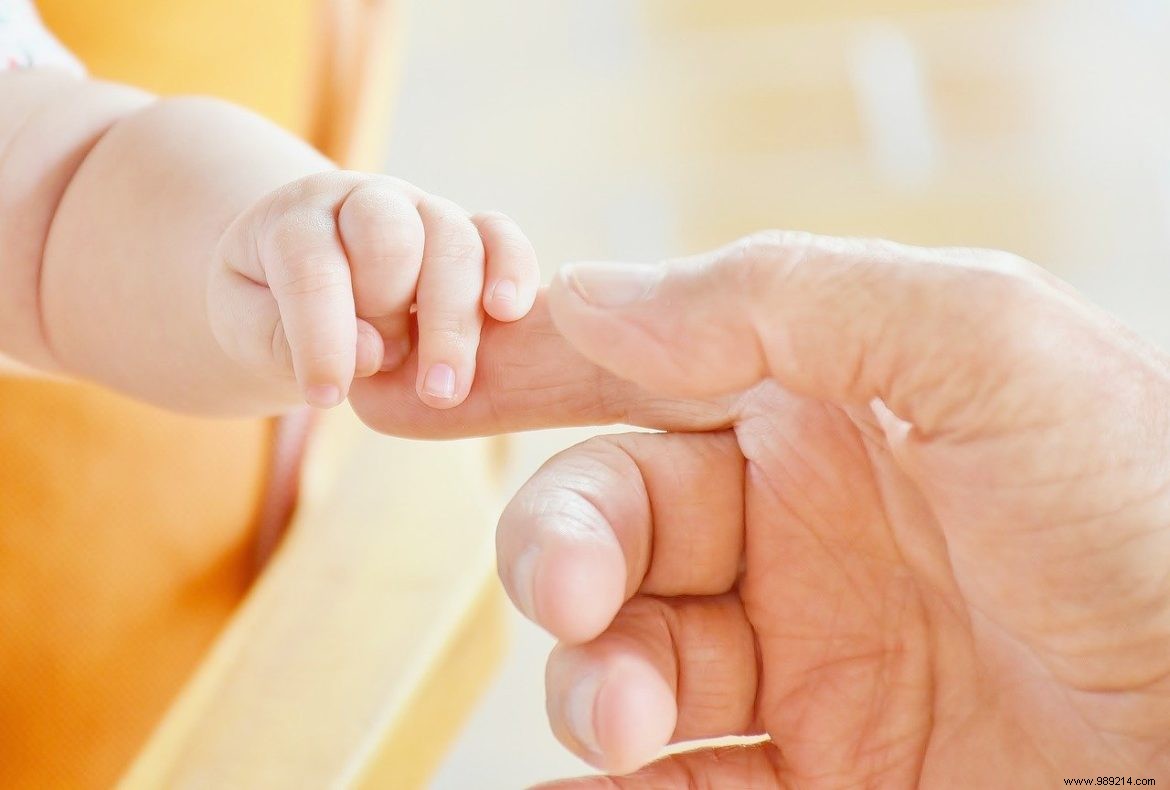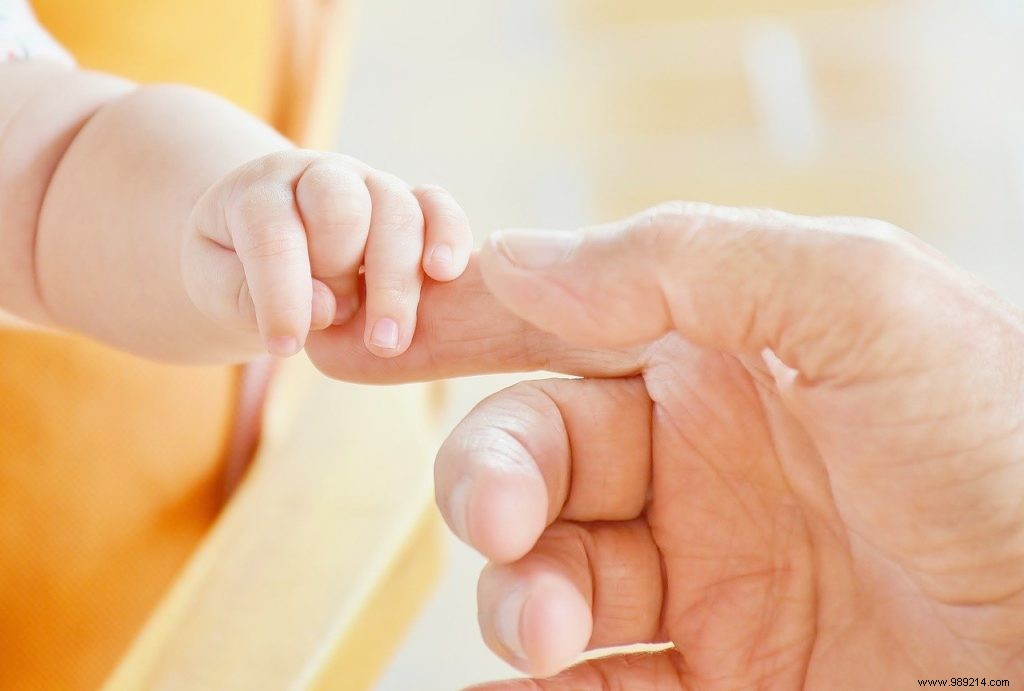
The accompaniment of the affective relationship between the child and his parents does not stop at the moment of birth. Indeed, experiencing a break in the mode of affective relationship would induce frustration that is detrimental to the baby. After birth the child must be accompanied, and this in a very specific way... Indeed, haptonomy considers the whole person...
Contents 1 From 0 to 3 years old 2 From 3 to 6 years oldIn the first years, especially during the first months, the accumulation of reassuring experiences allows the child to have a feeling of security which is the basis of all his self-confidence. This allows him to build a strong psychic spine. It is thanks to this reassuring feeling that the child can relate to his environment in a healthy and spontaneous way. This happy experience of a good world will allow him to be happy and good. Hence the importance of the quality of first aid, a quality that conditions the whole life of the child. The more the psychic life of the baby is pampered, the more it blossoms. The baby, well invested by his entourage, and in particular by his parents, wakes up and builds his intelligence serenely.
Communication with the young child is essential. It is desirable to talk to him a lot, addressing him with great kindness. Every moment can become an opportunity for a very fulfilling exchange. Take the example of baby food. It is certain that breastfeeding is naturally conducive to the relationship between mother and child. The warmth, the physical contact, the mother's self-sacrifice are all assets for the child in addition to the food. To do this, the mother must be present to her baby, envelop him with her gaze, carry him in a comfortable position conducive to good swallowing (the baby's body well aligned and turned towards the mother, and not the head only turned to the breast). The virtues of breast milk are well established. It is par excellence the food which promotes the good health of the child and which adapts to its constantly changing needs. But the bond that is created during breastfeeding is just as important.
The quality of the relationship between mother and child during bottle-feeding can be just as good. This exchange can also take place with someone else and thus develop a relationship between the child and the father (or another person).

A bath, a massage, a hug, a fresh wash, a sing, a lullaby, a meal, a snack... are all opportunities for nourishing exchanges for the baby's relationship with his loved ones. The confidence that the baby acquires during the first months of his life is the basis of the confidence that he will have in life itself. It gives him optimism and confidence forever.
Growing up to 3 years old, the little man multiplies the small victories that lead him to autonomy. It is desirable to know these steps to accompany them as well as possible. The child stands, tones up, fixes his gaze, exercises his senses, sits, takes, lets go, mouths, manipulates, straightens up, stands up, walks, explores, runs, jumps, points, formulates words, speaks, expresses himself… The more the adult observes it, the more he recognizes these stages and encourages them by adapting the environment to the needs of the moment. For example, by offering mobiles adapted to the child lying down who needs to exercise his sight, by providing stable and safe furniture to the child who is looking for support to stand, etc.
When the child grows up, it is desirable not to cultivate dependencies and to accompany, gradually, the child on the natural path of autonomy. He wants and needs to ACT ALONE and carry out his spontaneously chosen activities. Let's not consider it a whim, let's not tell him he's too small, that he can't. He needs it. As far as possible and within reasonable limits, our role is to allow the child to satisfy this need to do by himself, this momentum of life. Let’s promote activities and games that are chosen by the child himself. Let's accept that he is often more attracted to real activities than to toys. Let's give him the opportunity to do as we do and, above all, let's not do it in his place. Observation allows us to take a step back before acting and interrupting a child's initiative. Accept and welcome the words (and sometimes unpleasant noises), the need for relationship, the movements (sometimes risk-taking, sometimes agitation) of the child. It is giving him so many gifts. Let's keep in mind that he goes through sensitive periods and encourage them by giving the child an environment conducive to learning.
The child needs order. By tidying up with him, he gets into the habit of putting things back in their place. It can become a reflex. In a Montessori atmosphere, the rule is that you do not take out an activity until the previous one has been put back in its place. The child likes order and naturally tidies up in an orderly context. However, it is a learning process that takes a long time. But let's not forget that the external order feeds the internal order, in other words its way of structuring its thought. This learning of storage must be done in love and not in fear. The best way is to set an example, to tidy up with the child at the beginning, without considering tidying up as a daunting moment but as an integral part of the activity. Arranging your affairs well, taking care of them, makes you happy. The child is proud of his belongings.